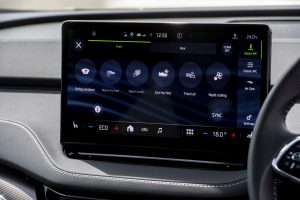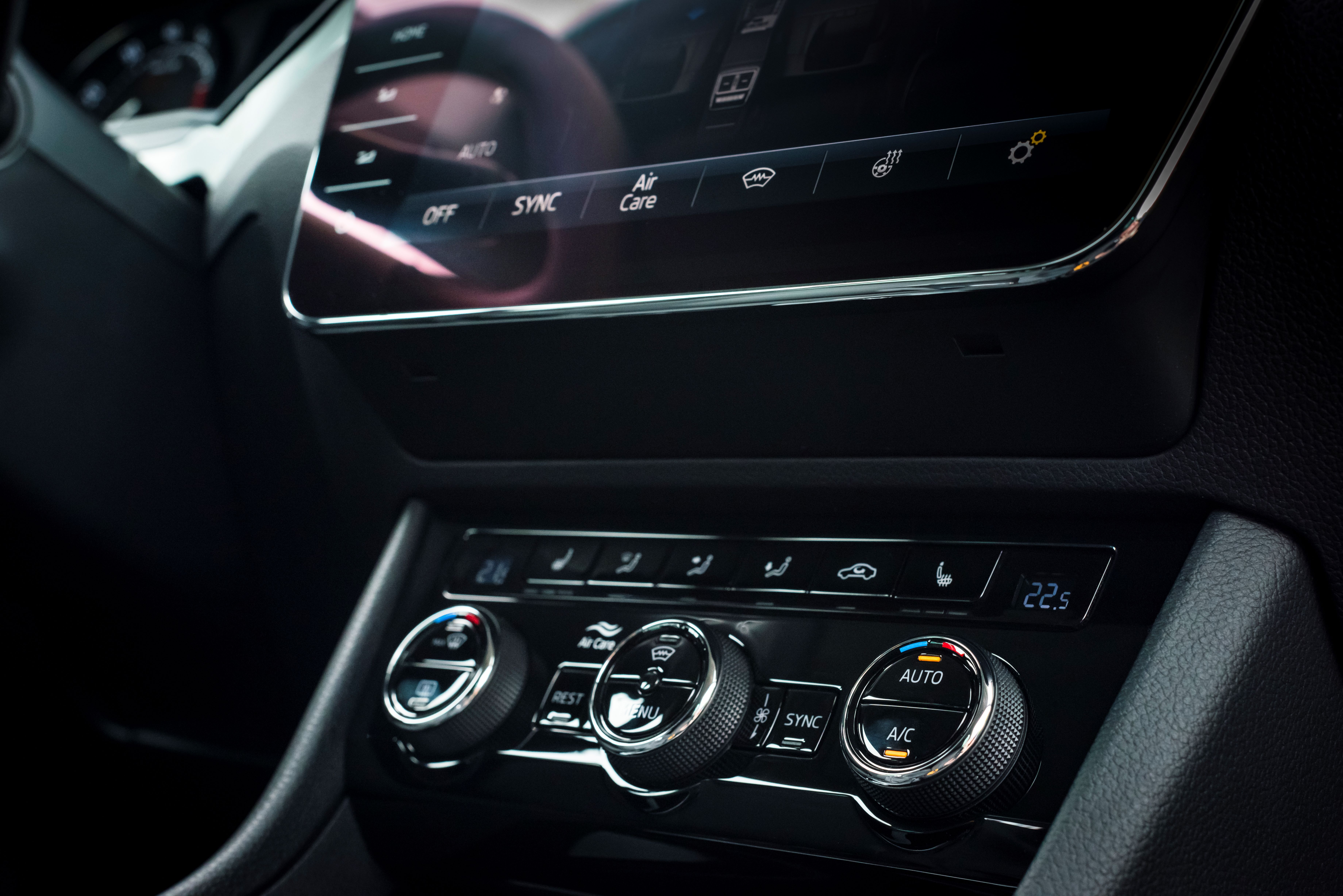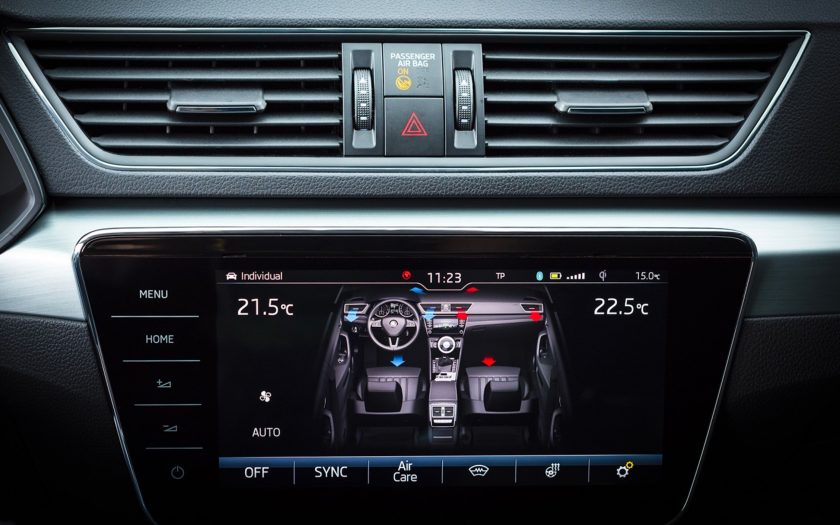EVERY YEAR AS TEMPERATURES begin to rise, we hear the same old myths about car air conditioning – it ruins your fuel economy, it can be bad for your health, you don’t need it when it’s not hot, and the best one of all, you should switch it off before starting your car.
So, let’s take a look at them one by one and see if there’s any truth to these enduring truisms.
Using the air conditioning ruins your fuel economy
While employing your air conditioning system will increase fuel consumption in internal combustion engine cars and battery use in electric vehicles, the consumption penalty isn’t as harsh as you may think. This is because the car uses a compressor to run the system which requires energy from an engine or motor.
You can expect to see up to a five percent drop in fuel efficiency when driving with the air conditioning switched on, but other factors, such as under-inflated tyres, driving at higher speeds, a packed boot, or a bike rack/roof box attached to the car, can similarly impact fuel efficiency.

Air-conditioning can be bad for your health
Turning on a car’s regular air fan to simply circulate air rather than engaging the air-con can have a negative impact on the system and, potentially, the vehicle occupants. Air-con units de-humidify the air passing through them, which in turn prevents the build-up of moisture in the cabin and also the air conditioning system itself. Failure to use air-con for an extended period of time can lead to the growth of mould or fungus in the system, which can then be circulated once it has been turned on again. Regular use, combined with proper maintenance, can prevent this.
Additionally, maintaining a steady and cool cabin temperature on a hot day can prevent drowsiness and improve driver concentration levels, as well as keeping other passengers and pets comfortable and healthy. Some modern cars (Škoda’s Enyaq, Karoq, Kodiaq, Octavia and Superb, for example), use a suite of sensors that monitor air quality and, if necessary, respond by automatically activating the air recirculation function; catching fine dust particles, preventing allergens from entering the interior, and absorbing unpleasant odours.

Air-conditioning doesn’t need to be on when it’s cool
When summer comes to an end, it’s important not to simply stop using air-con completely, as there are a number of key benefits. Not only will it prevent the build-up of fungus in the air conditioning system itself, but the dehumidifying effect of air-con will continue to be of benefit as occupants enter a vehicle with rain-soaked clothing.
Regularly using the air conditioning system has other benefits. Specifically, it keeps the system in a good physical condition. Air conditioning systems are sealed systems, with air-con compressors and seals lubricated by oil. Failing to switch on the air-con means no lubrication, which can cause the compressor to be less efficient and the seals to dry out.
You shouldn’t have the air-con on when starting your car
Modern car electronics are both more resilient and can deal with greater levels of demand and stress than those of vehicles from decades gone by, which is where this myth emerged.
With modern ignition systems, stop-start technology and electric vehicles, there’s no cause for concern when starting a car with the air-con switched on.
